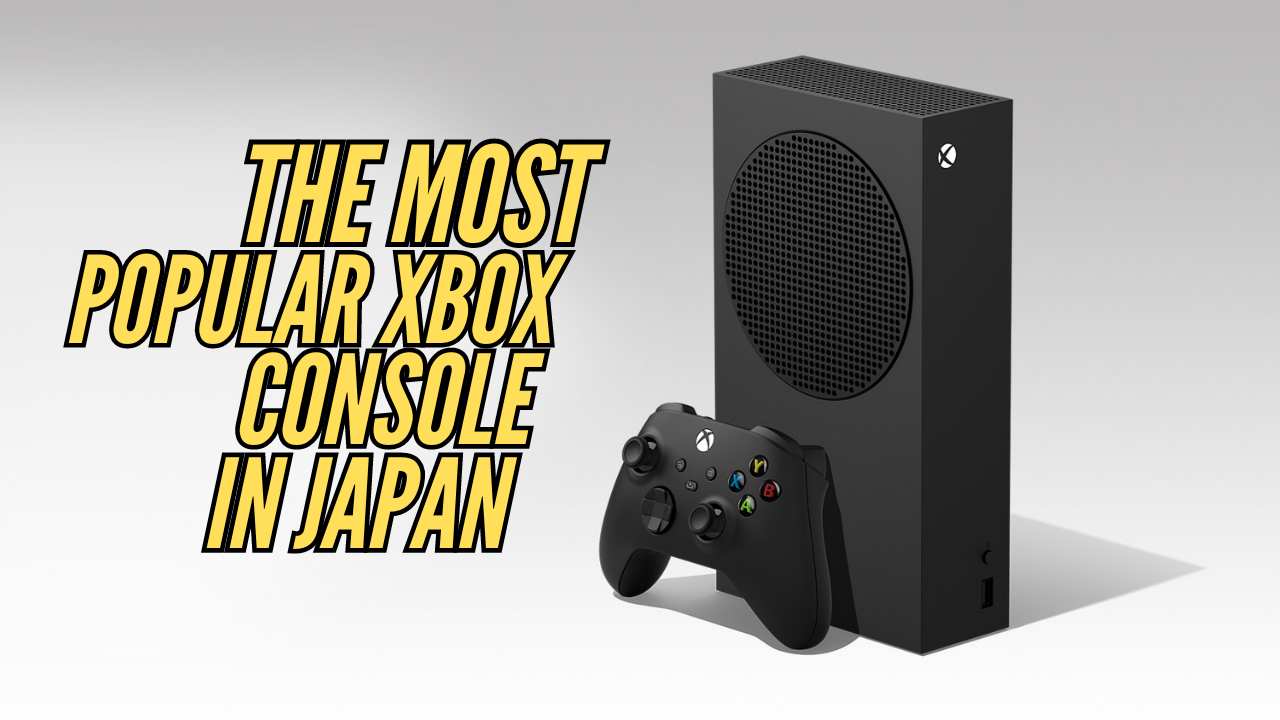Xbox Series S|X, despite being two separate consoles, haven’t reached the sales figures that some may have anticipated worldwide. Following the era of the Xbox 360, Microsoft has struggled to regain its dominant position in the console market, with PlayStation seemingly leading the console war in this generation. However, recent data suggests that the Xbox Series S|X has found a niche in specific regions, including Japan.
Sales Performance in Japan
According to Famitsu, a renowned Japanese gaming outlet, the Xbox Series S|X have reached a new milestone in Japan, selling a combined total of 600,000 units. This achievement is particularly notable when compared to the dismal performance of the Xbox One, which managed to sell only 100,000 units in Japan throughout its lifetime. The breakdown of these sales is also interesting, with the Xbox Series S leading at 315,431 units, surpassing the Xbox Series X which sold 285,014 units.
While 600,000 units is a significant improvement for Microsoft, it pales in comparison to the sales figures of its competitors. The PlayStation 5 has sold 5 million units in Japan, and the Nintendo Switch has reached an astounding 30 million units. This vast difference highlights the challenges Microsoft faces in this market, but it also shows progress and a potential foothold in a traditionally tough region for the company.
Strategic Shifts and Market Adaptation
One of the most critical changes in Microsoft’s approach was the decision to release two distinct consoles: the Xbox Series S and the Xbox Series X. This strategy aimed to cater to different market segments and price points. The Series S, being more affordable, has proven to be more popular in Japan, selling over 30,000 units more than the Series X. This indicates a preference for cost-effective gaming solutions in the Japanese market.
Microsoft’s renewed focus on Japan seems to be paying off. Historically, the company has struggled to penetrate the Japanese market, but the improved sales figures of the Series S|X indicate a positive shift. The lifetime sales of the Xbox 360 in Japan were around 1.6 million units, a target that the Series S|X could potentially reach if the current sales trend continues.
Challenges and Future Prospects
While the Xbox Series S|X are showing promising signs, their success could be short-lived. Microsoft is reportedly developing the next generation of consoles, set to arrive by 2026. This new console is claimed to feature the most significant technical advancements yet, which could either bolster the Xbox brand or disrupt the current momentum of the Series S|X.
There are also rumors about Microsoft developing a handheld console for the next generation. This move could be pivotal in capturing the interest of Japanese gamers, who have shown a strong preference for portable gaming devices, as evidenced by the success of the Nintendo Switch. A hybrid or handheld console could further strengthen Microsoft’s position in the Japanese market.
Why the Japanese Market Matters
Japan is not just another market; it is a critical battleground for any gaming company due to its cultural and economic influence. Success in Japan can significantly boost a brand’s reputation and open doors to other Asian markets. For Microsoft, improving its standing in Japan is a step towards gaining more traction in the broader Asia-Pacific region.
Understanding and adapting to the evolving preferences of Japanese consumers is essential. The success of the Xbox Series S over the Series X indicates a shift towards more affordable gaming solutions. Additionally, Japanese gamers value exclusive content and culturally relevant games, areas where Microsoft needs to continue investing.

